Introduction to the Ghana Institute of Journalism:
Introduction
The Ghana Institute of Journalism is a higher education institution in Ghana that focuses on education in the fields of journalism and communication. It plays an important role in cultivating professional talents in journalism and communication, and is the main university for media, art and communication training in Ghana.
History and establishment time
Establishment time: Officially established on October 16, 1959.
Development history: It was originally a department of the Accra Technical College (now the Accra Technical University). The first president and journalism tutor was Richard McMillan. In 1966, the school moved to its current location, which was once the site of the Ghana Press Club. In 1974, the National Redemption Committee passed legislation to formally establish the Ghana Institute of Journalism. In 2006, Parliament and the President enacted a bill to transform it into a degree-granting higher education institution. In 2020, according to relevant bills, it merged with other institutions to become the School of Journalism under the University of Media, Arts and Communication (UniMAC).
School Strength
Faculty: Many experts in the field have been attracted to serve as lecturers and speakers, providing students with professional guidance and rich industry experience.
Course Setting: It offers a two-year diploma in communication studies, a four-year or three-year bachelor of arts in communication studies, a two-year bachelor of arts to bachelor of arts program for diploma graduates, and a 15-month intensive master of arts program.
Institutional Nature
A public higher education institution.
Educational Philosophy
Focusing on the combination of theory and practice, it is committed to cultivating students' professional skills, critical thinking and social responsibility, so that students can play an active role in the field of journalism and communication and contribute to social development.
Key Laboratories and Disciplines
There are currently no publicly reported key laboratories. In terms of disciplines, it has certain advantages and characteristics in the fields of journalism, communication, public relations, advertising, etc.
Department
There are schools of public relations, advertising and integrated marketing, schools of journalism and media studies, schools of integrated communication sciences, schools of graduate studies and research, and schools of alternative learning.
Ranking
There is currently no global or regional comprehensive university ranking data, but it has a high reputation and influence in the field of journalism and communication education in Ghana.
Fees
There is no exact public fee information.
Campus Environment
There are two campuses, one in Ringway, Osu, Accra, and the other in North Dzorwulu, Accra. The campus facilities include teaching buildings, libraries, laboratories, student dormitories, etc., providing students with good learning and living conditions.
-
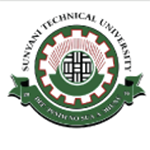
Sunyani Technical University
-
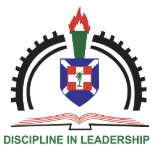
Presbyterian University College
-
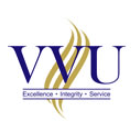
Valley View University
-
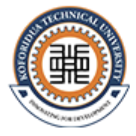
Koforidua Technical University
-

Garden City University College
-

Ghana Institute of Journalism
-

Central University
-
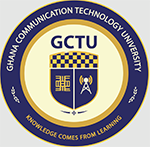
Ghana Telecom University College
-
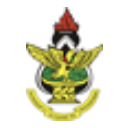
Kwame Nkrumah University of Science and Technology
-
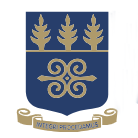
University of Ghana
-

Mesoamerican University
-

Istmo University
-

Mariano Galvez University of Guatemala
-

Regional University of Guatemala
-

Galileo University
-

Francisco Marroquín University
-

Rafael Landívar University
-

University of the Valley of Guatemala
-

University of San Carlos of Guatemala
-

Technological Institute of Tlaxcala Plateau
-

Golfo University
-

Technological University of South Sonora
-

Technological University of Huejotzingo
-

Tizimín Institute of Technology
-

Chilpancingo Institute of Technology
